If you were to lose your sight, you might think it would be the end of your days on the golf course.
But when Fife man Jim Gales took up golf more than 30 years ago, he was already blind.
Jim, 59, has been registered blind since 1988.
Yet a lifetime of failing eyesight has not held him back.
Multiple trophy wins
Thanks to opportunities presented to him through blind golf Jim has won three British Open championships, three British Masters and multiple overseas Opens.
He’s also captained Team Scotland and Team Europe 13 times – winning nine Ryder/Solheim cup style formats.
Those opportunities have widened further since he founded what became Scottish Disability Golf and Curling (SDGC) almost 20 years ago.
How did Jim go blind?
In an interview with The Courier, Jim, of Springfield, explained how he’d “always had rubbish eyesight” growing up in County Durham.
He had enough vision to attend regular school and college.
He worked initially as a baker and confectioner before moving on to be a rat poisoner for his local council.
But in the mid-to-late-1980s, when he was still in his 20s, “things started to go downhill”.
“I used to just have night blindness as they called it,” he explained.
“It had a wonderful title called Retinitis Pigmentosa. Thankfully they shortened it to RP!
“Basically the central vision goes and it spreads.
“I knew it was progressive because when I was 18, I was told I wouldn’t have much sight left by my mid-20s.
“But while I held on to my sight for a damn bit longer than they thought, it just went downhill from there.”
Lifechanging move to Scotland
As Jim’s eyesight deteriorated, he travelled to Scotland to attend Alwyn House.
The former RNIB centre in Ceres, Fife, was a place where blind people could train for another trade.
Opportunities included the learning of braille, or engineering, which he quite enjoyed.
But it was also there that he met his future wife, Janet, who worked at the now closed centre, and settled in Fife.
Jim was not a golfer at this stage.
He’d never swung a club in his life.
But when he was up at the old Forfar centre getting his second guide dog in 1992, he met a man who asked him if he’d ever considered playing.
When Jim said he’d never even thought about it, the man got him a half-set of old blade golf irons.
Jim laughed that he had “no idea” how to hit them.
But he got some lessons from Donald McKay, now of Wellsgreen Golf Range near Leven, who at the time was the assistant professional at Ladybank Golf Club.
Jim admits it took him a few years to get to grips with playing.
But his big turning point came when he got involved with Scottish Blind Golf.
Winning trophies home and abroad
In 1998, he was voted in as captain and went on to win Auld Enemy Scotland-England matches.
In 2001, he won the first of three British Open blind golf championships.
However, as far back as 2002, he started thinking about forming a group to incorporate all disabilities.
“No-one else in the world was able or willing to take on the challenge of such a group and allowing anyone of any age, with any type of disability the chance to play golf,” he said.
“There were about four or five established groups for specific disabilities, like one-arm, deaf, blind and special Olympics.
“But they tended to involve one type of disability and excluded more people than they helped.
“So in 2002, through the award of a Fellowship from the Winston Churchill Memorial Trust, I travelled to Canada and visited various related groups and organisations, while playing in a number of golf competitions, in places like Toronto, Winnipeg and Saskatchewan.
“Over a period of about a month, I talked to as many people as possible and learnt how they operated and I brought all the best ideas back to Scotland.
“Since 2004, we have used those ideas and arranged games, competition and tuition for members, around the country.”
Developing opportunities for disabled
In late 2004, the Scottish Disability Golf Partnership (SDGP) idea came to fruition, with administration and input from Fife Voluntary Action (VONEF), The Winston Churchill Memorial Trust, Sportscotland, Scottish Golf, The Royal & Ancient Golf Club of St Andrews, the PGA, St Andrews Links Trust, the committees of over a dozen Scottish golf clubs and many Scottish local authorities.
Several smaller groups and charities then merged with the SDGP, and helped to grow the administration and membership of the charity.
They included two groups for the blind and vision impaired, a mental health golfing organisation, four regional disabled golf groups and two other social clubs.
Since then, representatives from several other countries have visited Scotland to copy the framework and ideas.
Norway, England, New Zealand, the USA and Canada all visited.
Probably the biggest development was the creation of the North American Disability Golf Partnership, which after its first event in Nevada over 10 years ago, has evolved significantly and is now the United States Adaptive Golf Alliance.
By 2009, the Scottish group had a couple of hundred members.
By 2015/16, this had reached 1000.
For the past three years, membership has been “fairly static” at about 1100.
Bringing curlers on board
In 2018, the charity expanded to encompass curling.
Since being formed, the SDGC has facilitated 4,513 golf and curling lessons provided by 158 professionals; 897 golf games in seven countries, played 251 golf courses and 15 curling rinks in Scotland and arranged 505 curling games in three countries.
There have also been 183 hubs arranged to bring members together, sometimes in a more informal social setting.
How does blind golf work?
Today, Jim can see “practically nothing other than light perception”.
This means that he can see bright light at a window, and if he’s outside he can tell if it’s night or day!
When Jim plays, he mostly uses one of two regular ‘sighted’ players to guide him.
If he was playing a foursome, for example, the guide’s jobs would be to take him to the tee until he was between the pegs.
He’d put the tee in the ground, place the ball then stand back.
With the guide having painted a picture of the hole and selected a club accordingly, and after a few practice swings, Jim would leave the club head a couple of feet above the ground.
The guide would take the club head and put it behind the ball before the player adjusted their stance and hit it like any other player.
On the putting green, assuming the ball is on the green, Jim would get the guide to pace it out.
“It sounds long winded and complex but once you are into a routine you just do it with no real time wasting going on,” he said.
Landmark occasion at Elmwood
This week, a landmark occasion took place when the SDGC held its 900th round of golf at Elmwood, near Cupar.
The game on May 5 was also significant as it featured a brand new trial format.
Four teams competed prior to a ‘4-Nations International’ being arranged for just before the British Open Championship, this September, between Scotland, England Wales and Ireland.
The Elmwood Golf Club, which has been a long-term supporter of golfers with disabilities, celebrates its own 25th anniversary this year.
Jim said it was a great opportunity for SDGC members to try a new format.
It was even better that this event had been held at one of the clubs that helped them get established.
“Later this year we have generated a European team which will travel to California to take on the Americans for the 29th Phoenix Cup,” he said.
“I’ve played 111 international matches, and this will be my 34th team international as a golfer.
“This disabled team international is much like the Ryder/Solheim Cup and the last time we played the US over in Florida, Europe ran out victorious at the Rotonda Club near Tampa.
“On top of all that, the 2024 Phoenix Cup, which is also the 30th staging of the competition, will be held at St Andrews, so we very much look forward to that event at the Home of Golf.
“The last time we played St Andrews it was the last day of a three day event and of course everyone turned up with waterproofs and woolly hats and got sunburnt!”
Jim is no doubt that blind and disability golf has opened up amazing opportunities.
He’s travelled the world and met some “fantastic” people.
However, he laughed: “I’ve met some grumpy old buggers as well!”
How to find out more
For more information about Scottish Disability Golf and Curling, go to https://www.scottishdgc.org.uk/
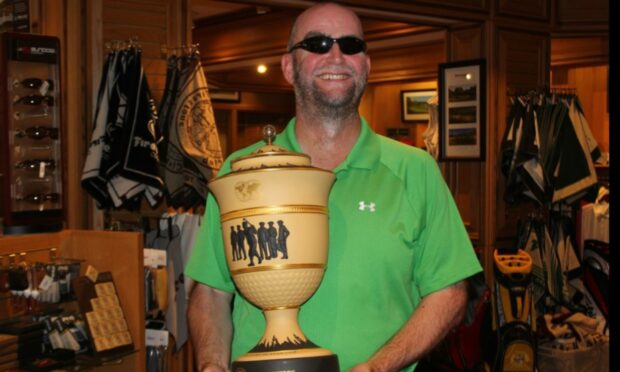
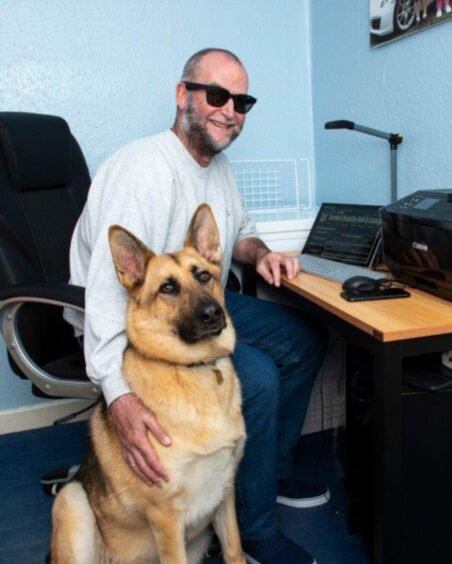
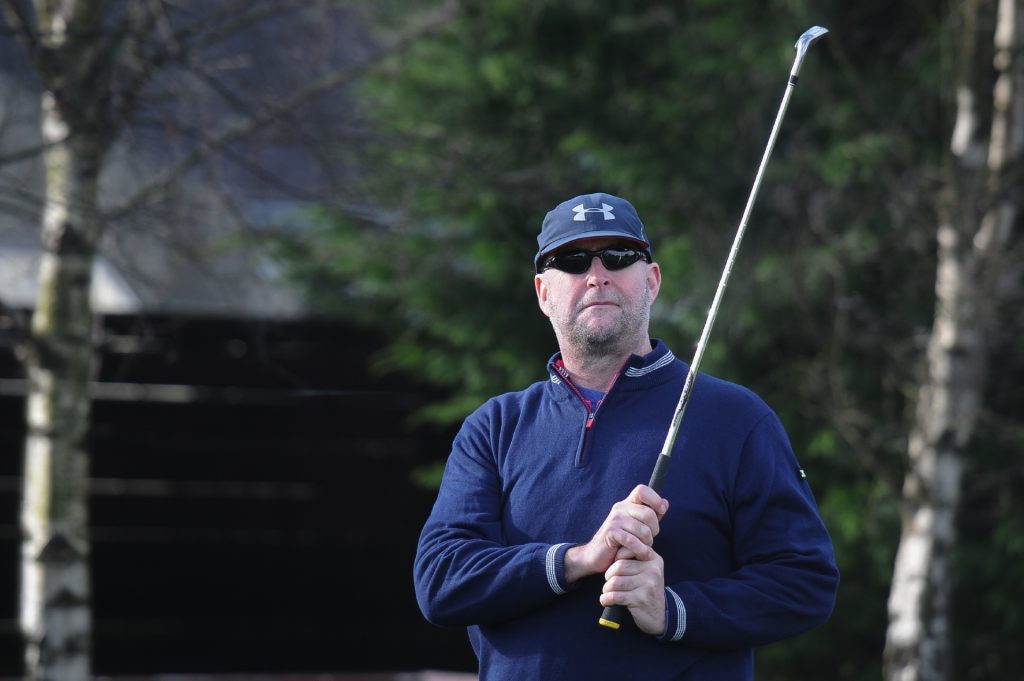
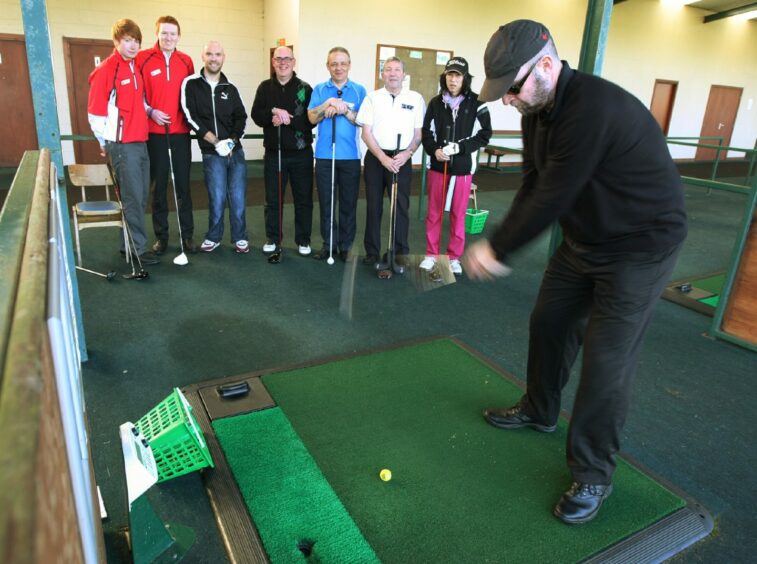
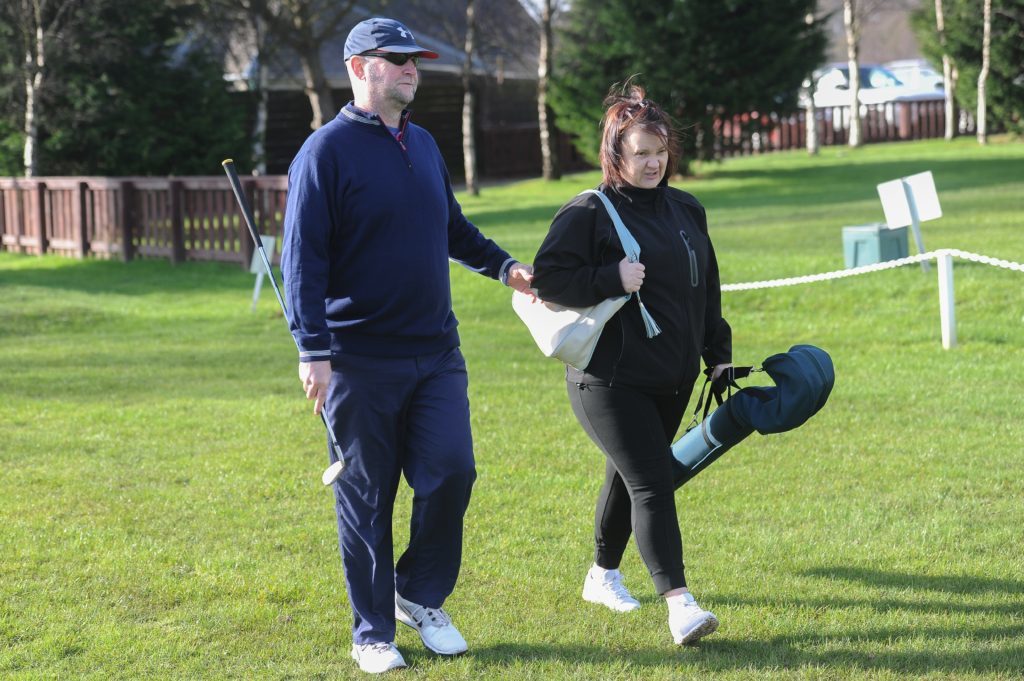
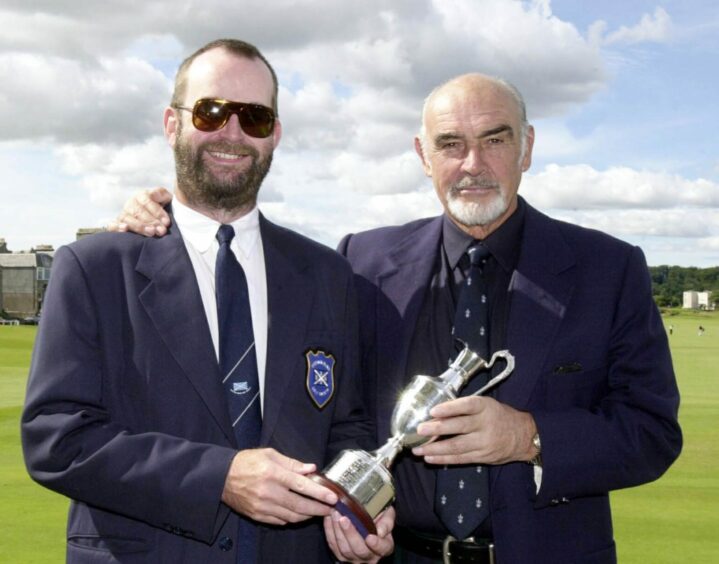
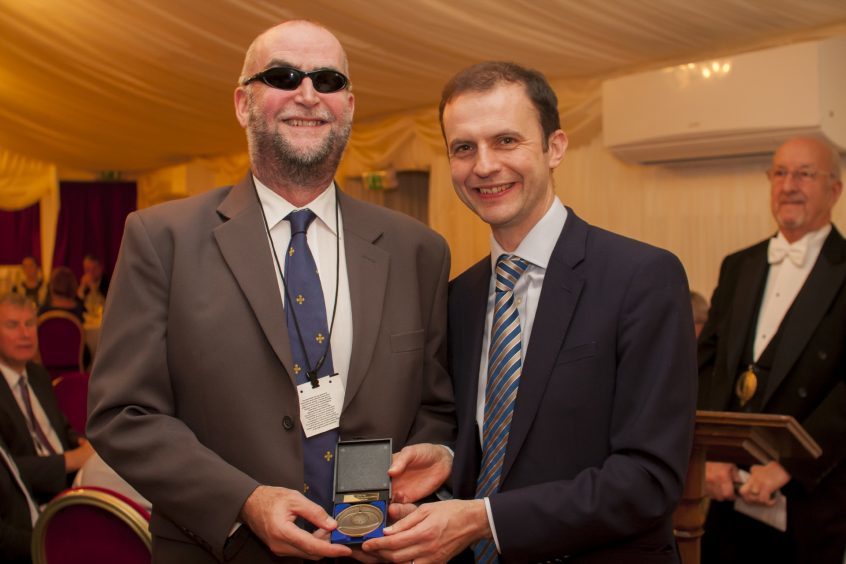
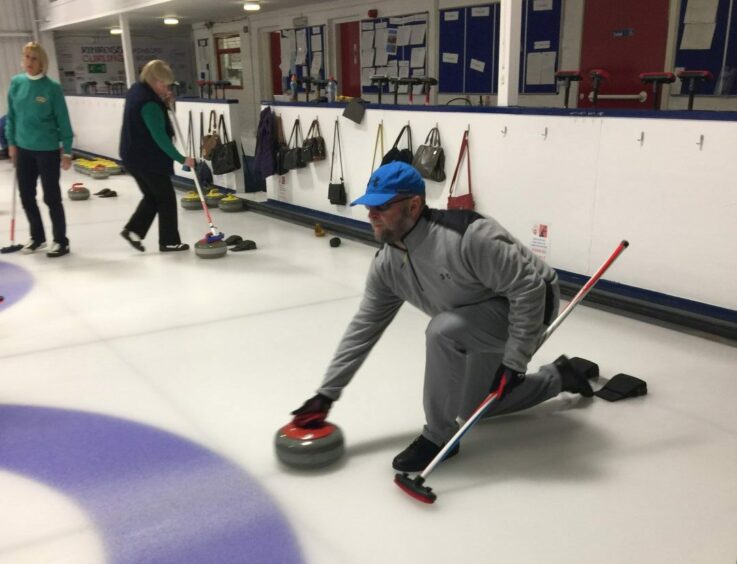
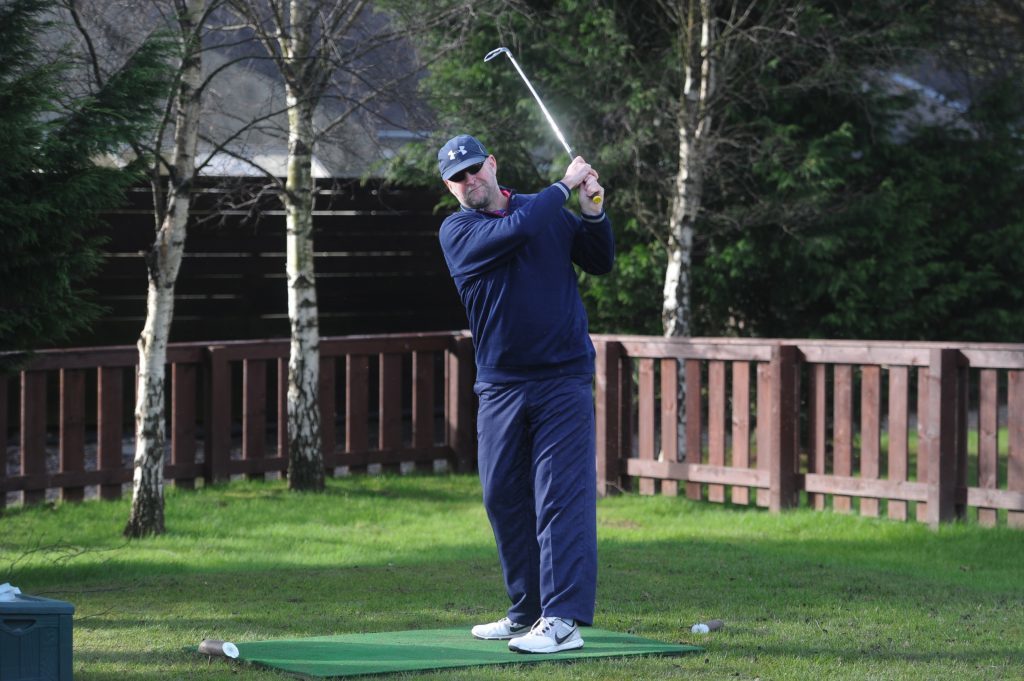
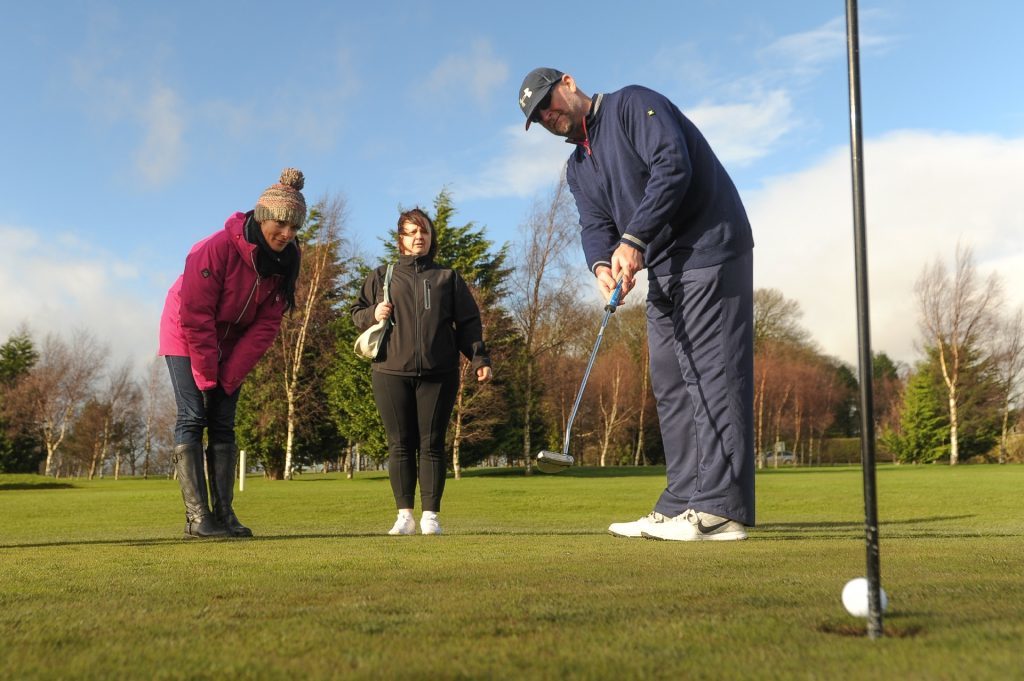
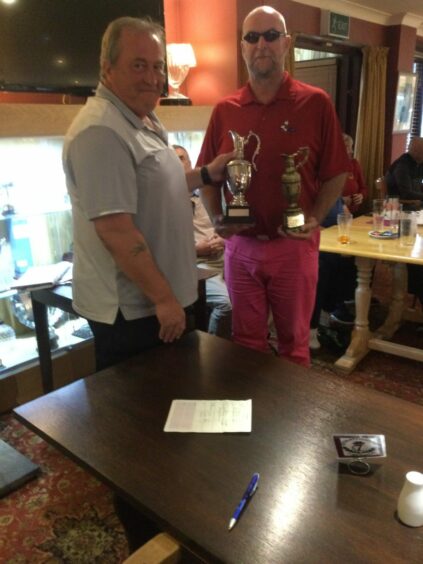
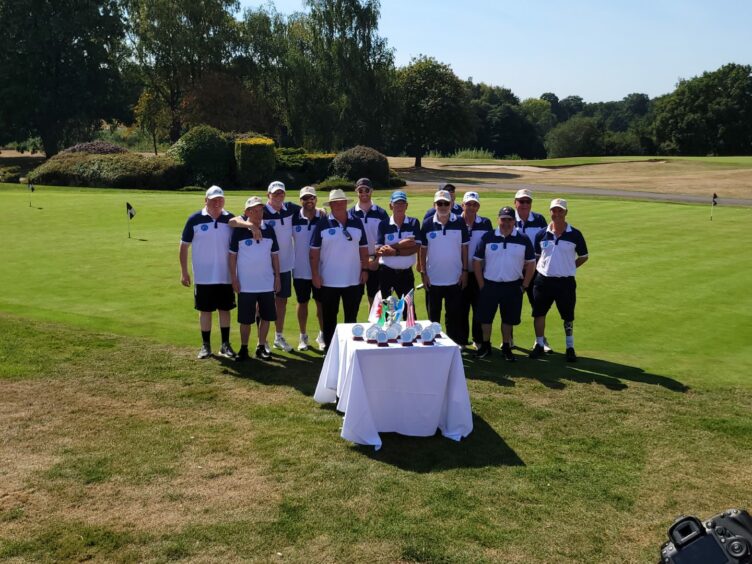

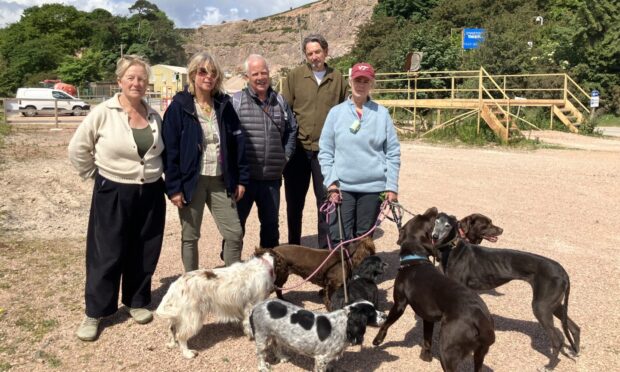


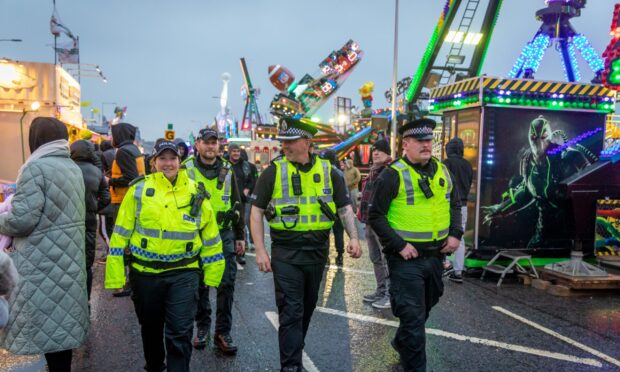

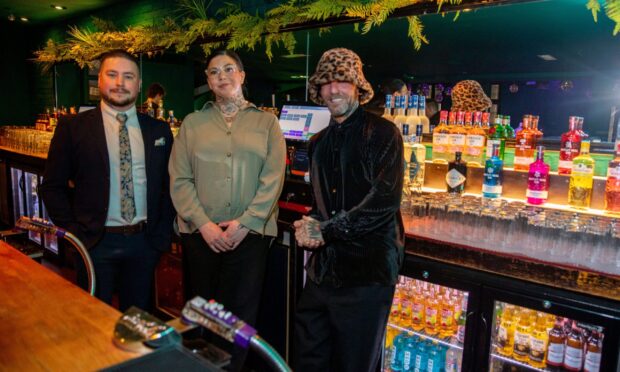

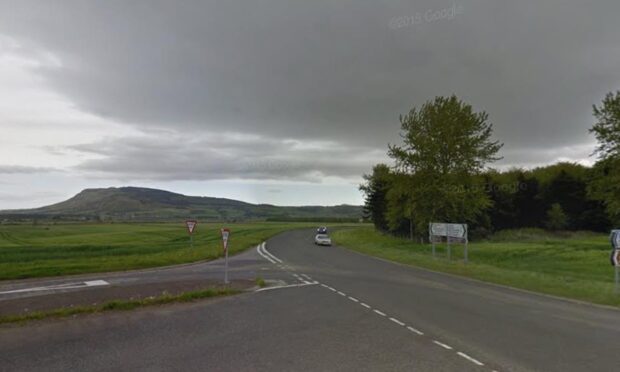

Conversation